- Madrid in three days — how we saw the city
- Top things to do — Madrid highlights
- Wander and linger in the grand plazas
- Plaza Puerta del Sol
- Plaza Cibeles
- Plaza Mayor
- Plaza de la Independencia
- UNESCO World Heritage: “Paseo del Prado and Buen Retiro, Landscapes of Arts and Sciences”
- Museo del Prado
- El Retiro Park
- Palacio Real
- Other recommendations
- Shopping and dining in the Salamanca district
- Strolling the booksellers stalls on Calle Claudio Moyana
- Where we stayed
- Where we ate
- How we got around
- A few Madrid trip tips
- PIN IT!
- Related posts:
Madrid in three days — how we saw the city
I was enchanted with Madrid the first time I visited several years ago and even more so on this second visit. Along with the great sights to see and things to do in Madrid, the balmy early fall weather added to the allure. Many things make Madrid special for me and I hope you’ll have the chance to be enchanted by the capital city of Spain, too.
Based on our stay, we’ve got these recommendations for best things to do in Madrid in three days.
Top things to do — Madrid highlights
Wander and linger in the grand plazas
Madrid is a city of enticing and vibrant plazas. While walking around the city, take time to admire the monuments and architecture of the squares and surrounding buildings. These are four of the main plazas that we love.
Plaza Puerta del Sol
A famous symbol of Madrid — the Tio Pepe (a sherry brand) sign on the Puerta del Sol. The sign was originally atop the building where Apple put its store. Thanks to public affection for the iconic sign, instead of permanently dismantling the sign, it was moved to another building on the square. — TWS on Instagram
The Statue of the Bear and the Strawberry Tree was created by sculptor Antonio Navarro Santafé and installed in the plaza in 1967. The statue represent the coat of arms of Madrid, a symbol of Madrid that goes back at least to medieval times, possibly before.
Plaza Cibeles
Plaza de Cibeles is one of the most recognizable squares with its marble sculptures and fountain. It is at the intersection of Calle de Alcalá, Paseo de Recoletos, and Paseo del Prado. We passed through here several times during our stay. — TWS on Instagram
Plaza Mayor
Plaza Mayor is famously recognizable by its 16th century buildings and their 237 balconies surrounding the open square and facing the statue of King Philip III in the center. During the Christmas festivities, a large Christmas Market is located in the square.
Through the gates of the plaza, you’ll find more of Madrid to discover along the lanes lines with cafes, shops, and historic buildings.
Plaza de la Independencia
Puerta de Alcalá, the monumental arch in the Plaza de la Independencia was another of the five entrance gates of Madrid’s old city walls. We saw this beautiful every day as it was very close to our hotel across from Retiro Park.
UNESCO World Heritage: “Paseo del Prado and Buen Retiro, Landscapes of Arts and Sciences”
In 2021, UNESCO designated the areas of the Prado Museum and Retiro Park as a World Heritage Site called “Paseo del Prado and Buen Retiro. Landscapes of Arts and Sciences” for its combination of outstanding nature, culture, and architecture in an urban setting. Paseo del Prado was the first of Europe’s tree-lined urban promenades and is home to many diverse museums, monuments, gardens, and historic buildings.
“Located at the urban heart of Madrid, this cultural landscape evolved since the creation of the tree-lined Paseo del Prado avenue, a prototype of the Hispanic alameda, in the 16th century. The avenue features major fountains, notably the Fuente de Apolo and the Fuente de Neptuno, and the Fuente de Cibeles, an iconic symbol of the city, surrounded by prestigious buildings. The site embodies a new idea of urban space and development from the enlightened absolutist period of the 18th century. Buildings dedicated to the arts and sciences join others in the site that are devoted to industry, healthcare and research. Collectively, they illustrate the aspiration for a utopian society during the height of the Spanish Empire, linked to the enlightened idea of democratization of knowledge, and exercised major influence in Latin America. The 120-hectare Jardines del Buen Retiro (Garden of Pleasant Retreat), a remnant of the 17th-century Buen Retiro Palace, constitutes the largest part of the property. The site also houses the terraced Royal Botanical Garden and the largely residential neighbourhood of Barrio Jerónimos with its rich variety of 19th- and 20th-century buildings that include cultural and scientific venues.” — UNESCO (Description is available under license CC-BY-SA IGO 3.0)
Museo del Prado
This was my second visit to the Museo del Prado and Mr. TWS’s first. The Prado, opened in 1819, is one of the treasures on the Paseo del Arte (Art Walk) where you’ll also find the Thyssen-Bornemisza and Reina Sofía museums. To see and appreciate all of the masterpieces in the Prado would take days or weeks, but even a few hours provide an amazing art experience. Don’t miss the extraordinary collections of Goya, El Greco, and Velázquez.
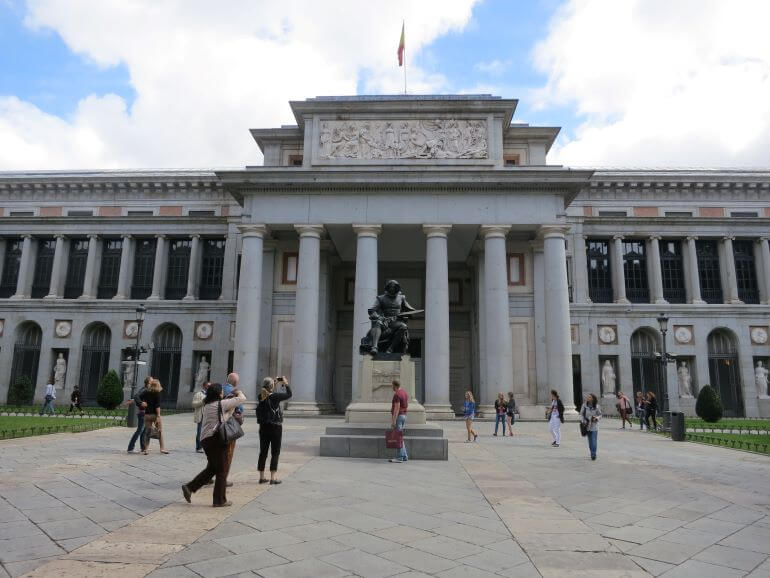
Museo del Prado
Take a break at the museum tip: The Prado has a very nice cafe to have a beverage or snack while visiting the museum. The gift shop next to the cafe has an excellent selection of gifts and souvenirs.
El Retiro Park
Retiro Park, which was across the street from our hotel, is one of my favorite places in Madrid. The park covers about 300 acres of beautiful green space that includes more than 15,000 trees as well as numerous gardens and monuments. It’s perfect for relaxation, a brisk walk or jog, or enjoying a coffee or wine at an outdoor cafe. Many locals and visitors enjoy renting a boat for a row around the lake (as shown in the photo at the top of the post).
“I could spend hours walking around Retiro Park, and watching the boaters on the lake in front of the imposing Alfonso XII monument. It’s also nice to have a coffee or glass of wine at one of the outdoor cafes around the lake.” — TWS on Instagram
Palacio Real
We highly recommend a tour of the Royal Palace of Madrid. The original palace was built about 860 C.E., and the current Baroque-style structure was built in the early 18th century. Once home to the Spanish royal family, it’s now used for state-organized ceremonies.
Some of the key areas to see are the Royal Library, Royal Pharmacy, the Royal Armory, and the state apartments of King Charles III which go back to the 18th century.
Other recommendations
Shopping and dining in the Salamanca district
I loved walking from our hotel to admire the lovely residential facades, window shop, and dine in the affluent Salamanca district. It’s an upscale area with restaurants, designer shops, museums, and galleries. If you enjoy high-end shopping, don’t miss a stroll along the “Golden Mile” on Calle de José Ortega y Gasset with top fashion designers’ boutiques.
Strolling the booksellers stalls on Calle Claudio Moyana
Take a stroll along Calle Claudio Moyana, a pedestrian street across Alfonso XII from Retiro Park and next to the Royal Botanic Gardens, to peruse books on sale in about 30 book vendor stalls. It is a permanent book fair that began in 1925.
Where we stayed
Hotel Palacio del Retiro on Calle de Alfonso XII, 14 — The hotel, part of Marriott’s Autograph Collection, has a fantastic location in a lovely non-touristy setting across Alfonso XII from Retiro Park. We had easy access — walking and by taxi — to main attractions, interesting neighborhoods, and dining options.
Where we ate
Madrid offers dining options of all kinds from cafes and casual tapas restaurants to Michelin-starred fine dining. These are restaurants that we enjoyed during our three days and are happy to recommend.
- Aarde at Plaza de la Independencia, 10 — Sunday brunch outside on tree-lined boulevard near the Puerta de Alcalá in the Plaza de la Independencia
- Taberna Los Gallos at Calle de Puigcerda, 6 — vibrant and popular restaurant in the upscale Salamanca district near Retiro Park
- Restaurante La Bien Apare at Calle de Jorge Juan, 8 — modern Spanish restaurant also in the Salamanca district
- El Barril de las Cortes at Carrera de S. Jerónimo, 17 – busy seafood restaurant in the Las Cortes neighborhood near the Prado and other museums
How we got around
We flew into Adolfo Suárez Madrid–Barajas Airport to begin our Spain trip. From the airport we took a taxi to Madrid Atocha railway station (Estación Madrid – Puerta de Atocha) to catch our train to Valencia where we spent the first few days. We then traveled by train to our other destinations of Seville, Granada, and then back to Madrid to spend three days.
Taxi tips: Taxis are easily available and affordable in Madrid. At the airport, go to the designated taxi stand. There are also taxi stands throughout the city, but you can also hail a taxi on the street. Look for the diagonal red band on the front door of the vehicle.
Atocha green tip: How cool is it to have a 4,000 square meter tropical garden in Madrid’s main railway station?
Atocha art tip: Keep a look out for these bronze sculptures outside of Atocha Station. The installation of two large baby heads is called “Day and Night” by Spanish artist Antonio López García. When I first saw the sculptures several years ago, I just thought they were a little scary. But I’ve since learned that they were inspired by García’s granddaughter Carmen who was eight months old at the time — one showing her with eyes open, one with eyes closed.
A few Madrid trip tips
The tips below also apply to each of the cities we visited on our 12-day Spain trip and are noted in our previous posts.
Restaurant tip: In each city, we found that reservations were highly recommended or essential. There were a few restaurants that we tried to book too late, but we were happy with each of the selections above.
Attraction tickets tip: It’s a good idea to book ahead for tickets to major venues. Ask your hotel for assistance, book directly with the attraction for pre-paid tickets, or through one of the tour booking sites like Get Your Guide or Viator. We appreciated having pre-paid tickets (arranged by our hotel) at the Prado.
Dining on Spanish time tip: I love being on Spanish dining time. Having dinner no earlier than 9:00 p.m. is perfect for me. Even though Mr. TWS enjoys earlier dinners when at home, he easily adjusted to the lifestyle.
PIN IT!

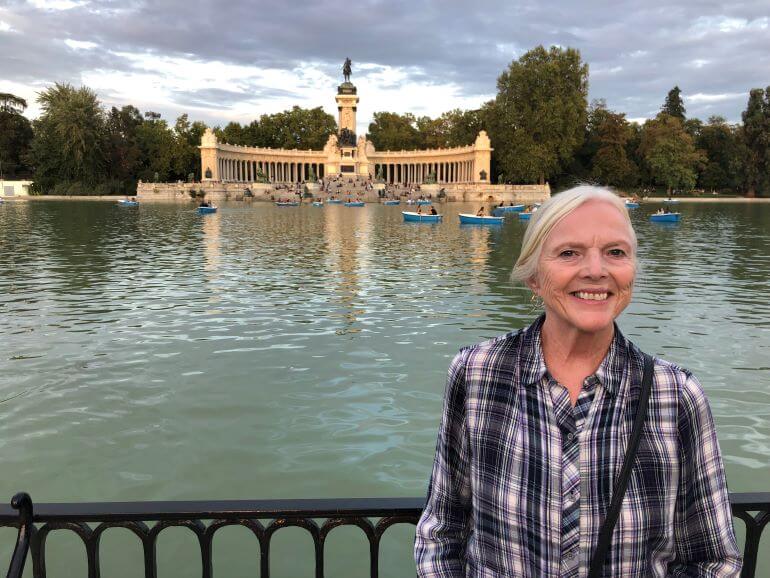
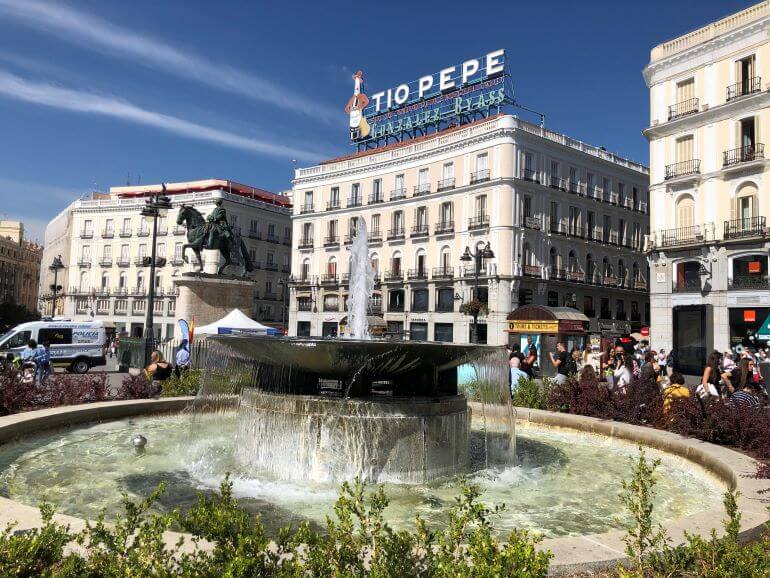
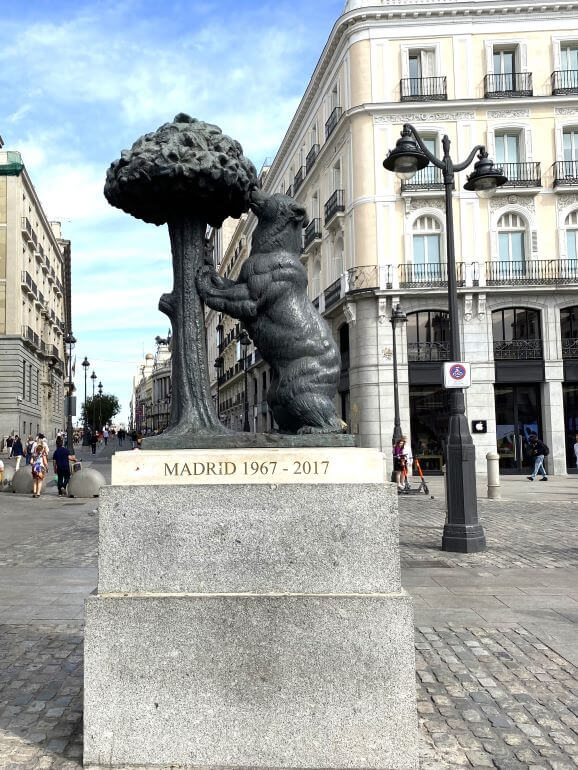
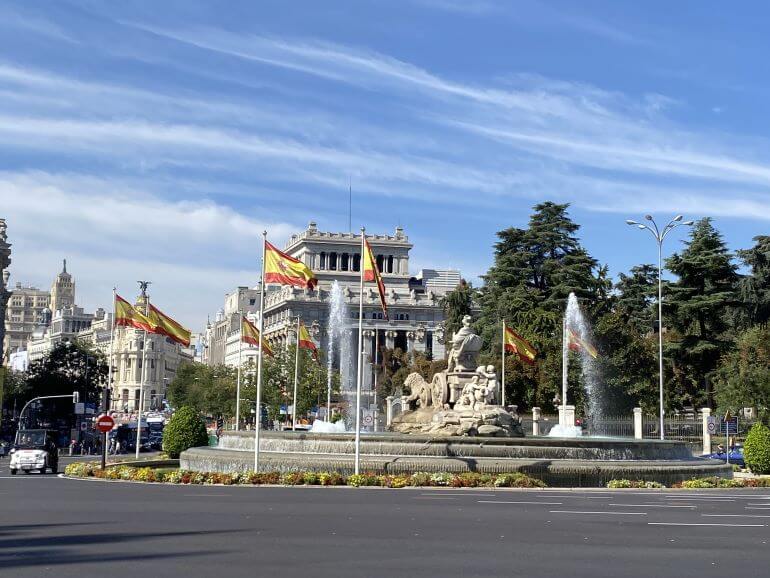
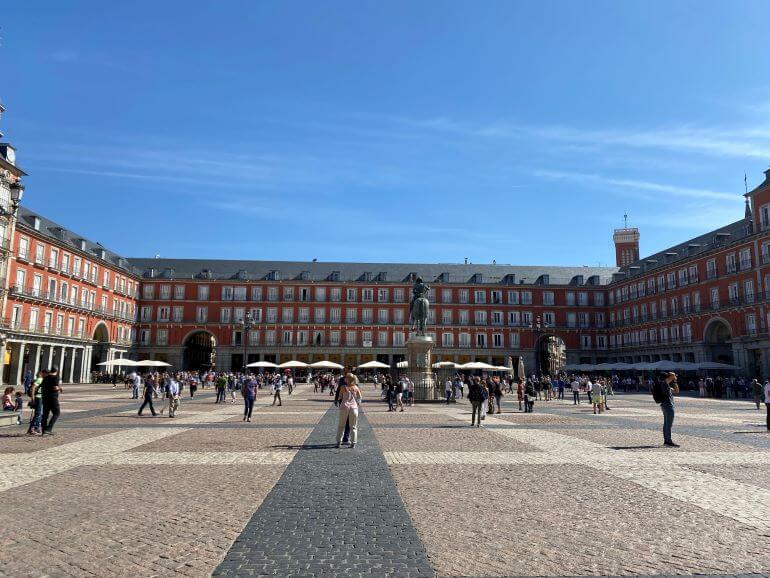
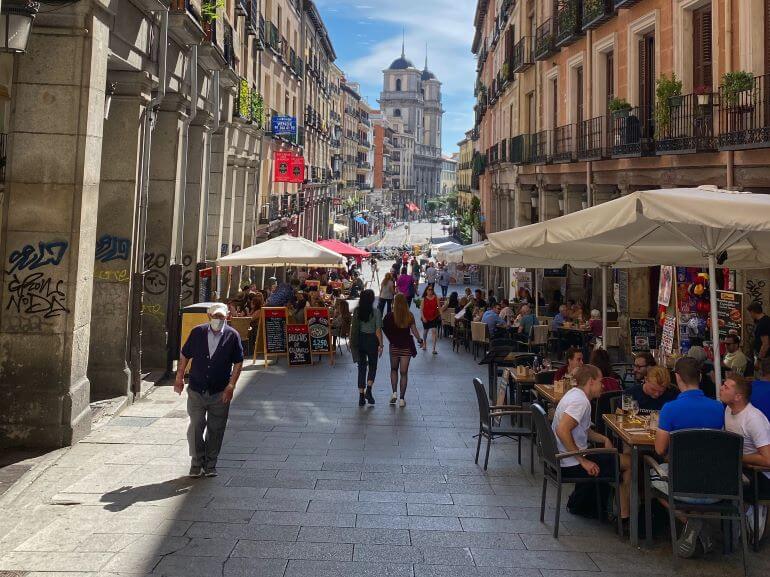
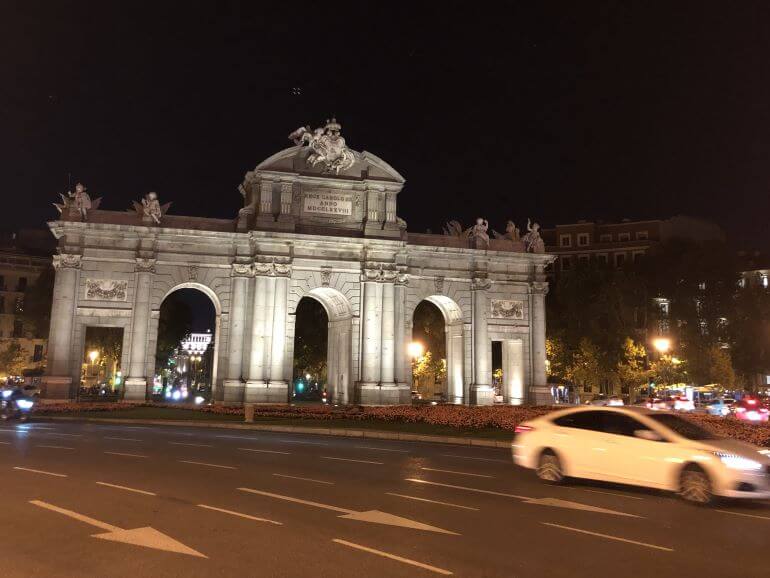
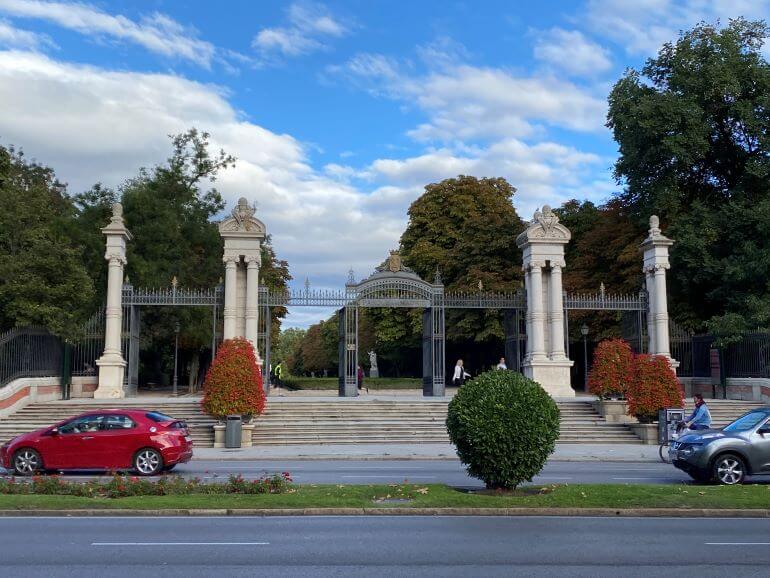
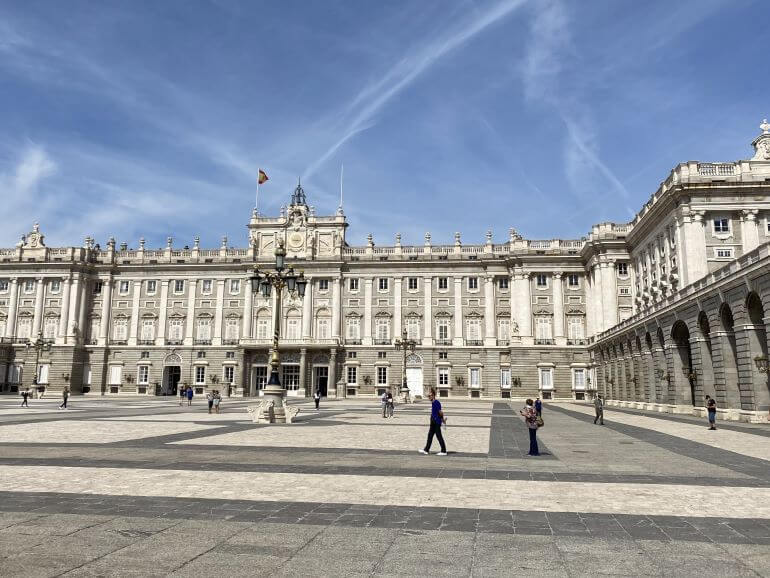
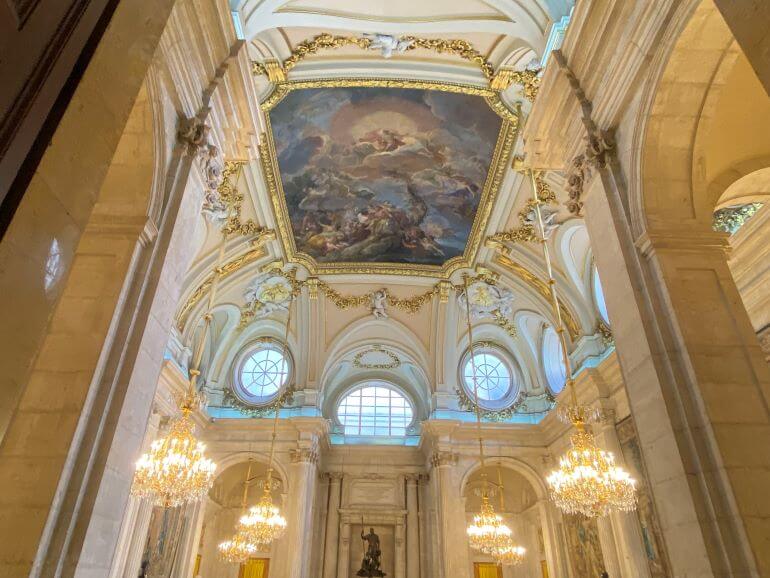
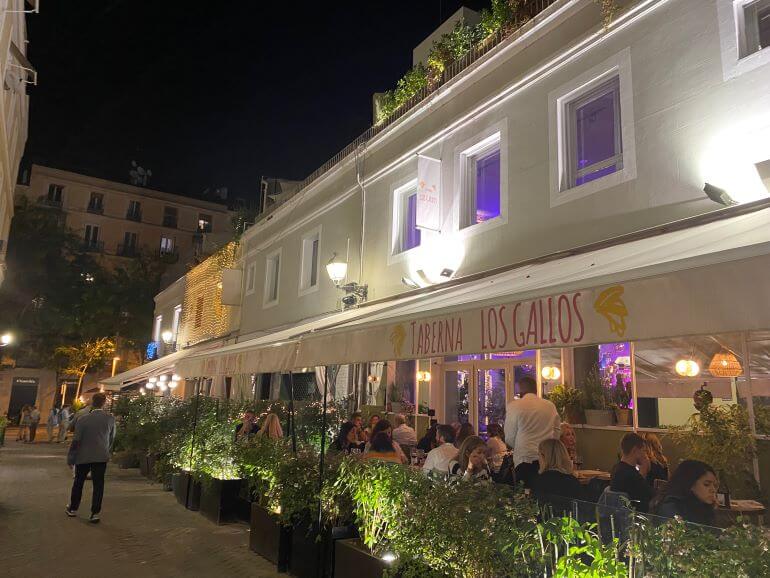
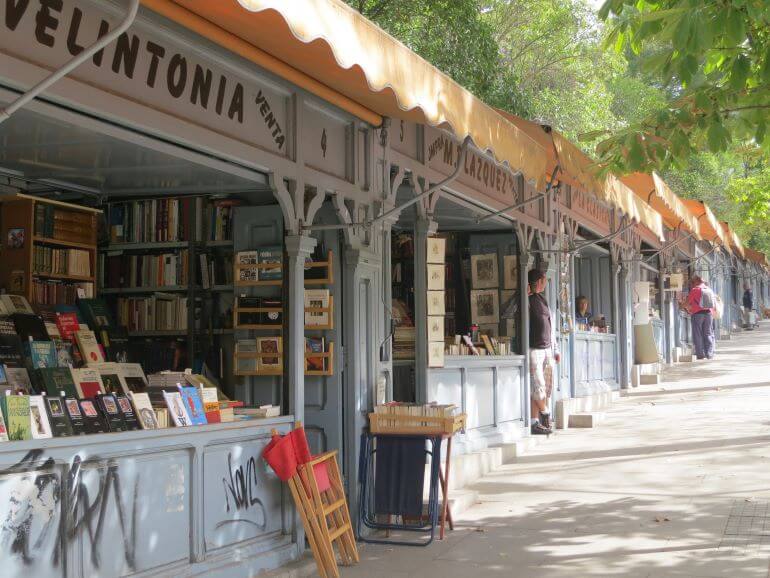
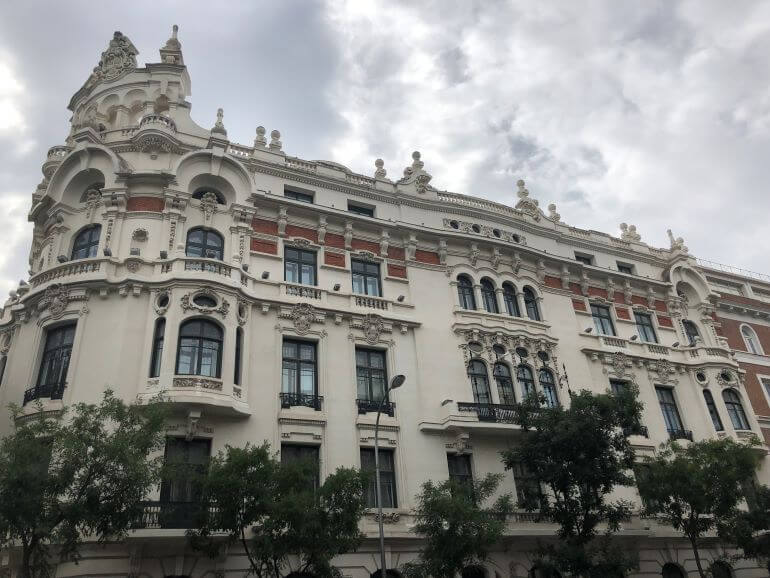
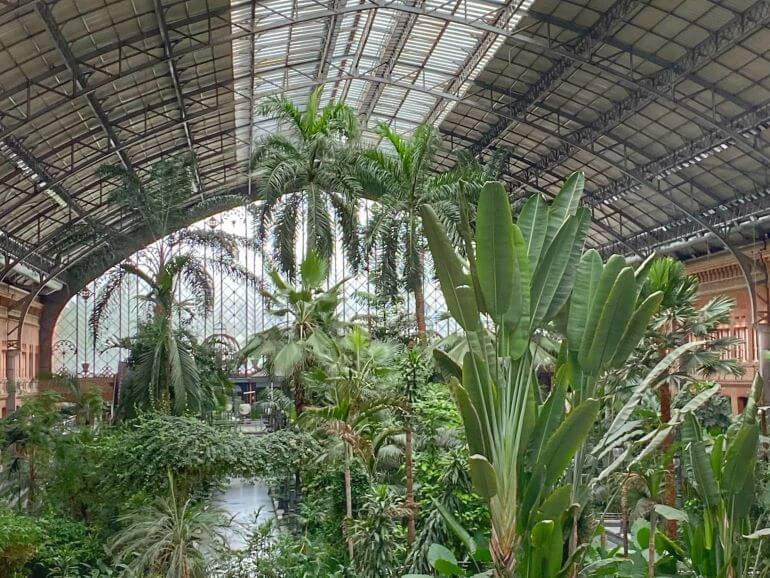
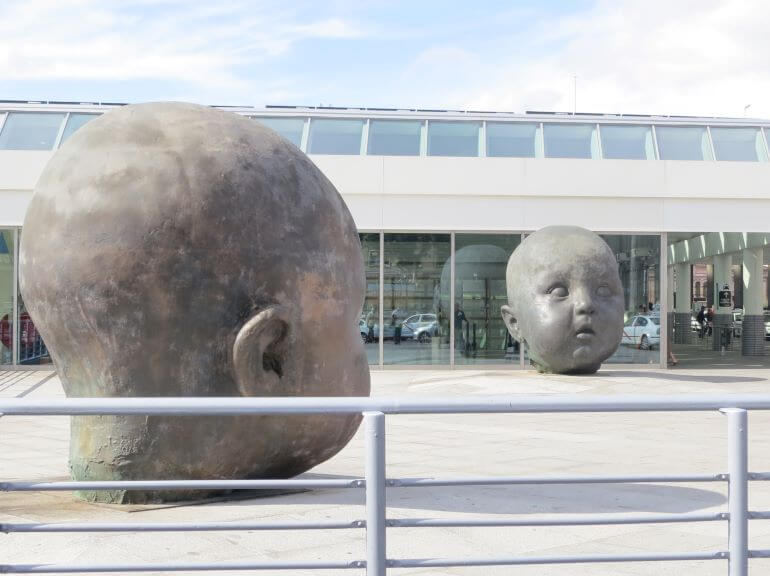
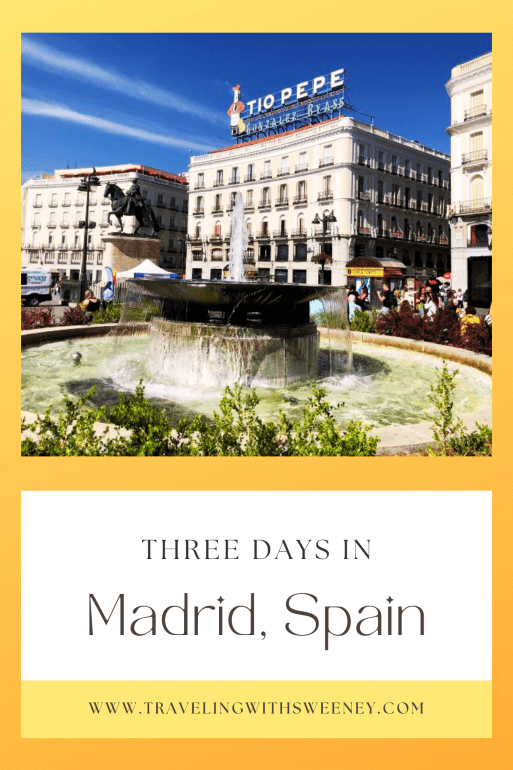
What a wonderful snapshot of one of my favourite cities in Europe. You were quite wise to travel in the fall as I found sumner to be sweltering. I missed those “ baby heads” on my visit and agree they’re a bit creepy! Lol
You captured the best of the city – loved our time there and need to go back!